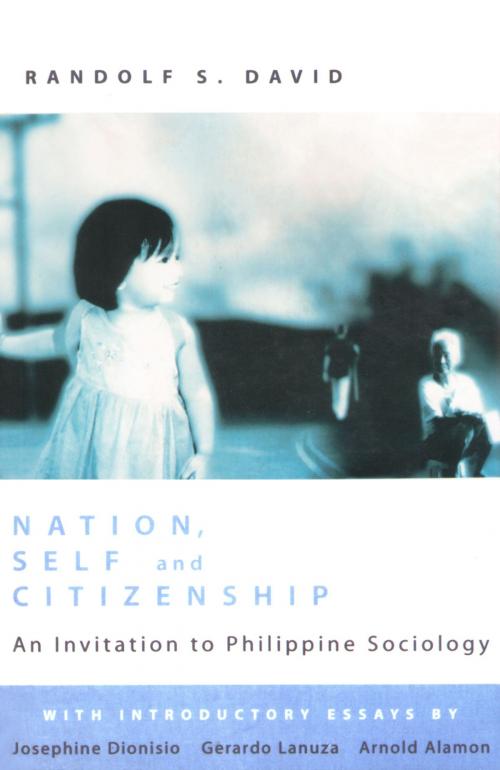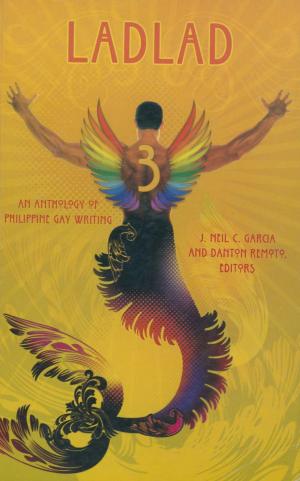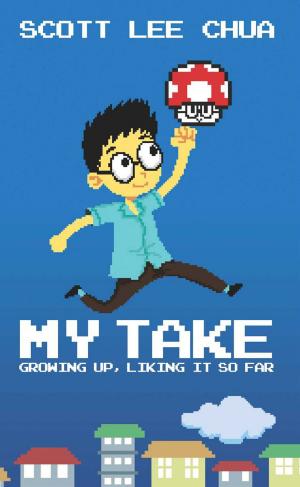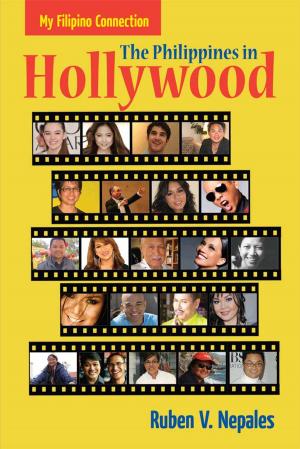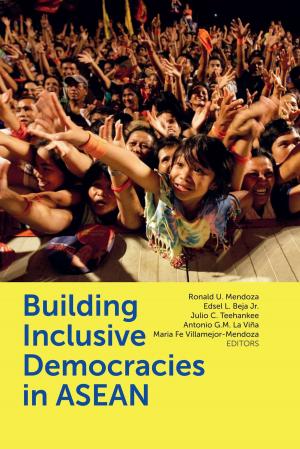Nation, Self and Citizenship
An Invitation to Philippine Sociology
Nonfiction, Reference & Language, Education & Teaching, Reference| Author: | Randolf S. David | ISBN: | 9786214201952 |
| Publisher: | Anvil Publishing, Inc. | Publication: | July 7, 2017 |
| Imprint: | Language: | English |
| Author: | Randolf S. David |
| ISBN: | 9786214201952 |
| Publisher: | Anvil Publishing, Inc. |
| Publication: | July 7, 2017 |
| Imprint: | |
| Language: | English |
The present volume invites the student to learn sociology by looking at her own formation as a human being, growing up and living in a society that time incessantly shapes and organizes in a specific but ultimately predictable way. Instead of talking about society in the abstract, we give it names -- our families, our communities, the Filipino nation, or the vast planet that we must share with the different nations of the world. Instead of talking about just anybody's biography, we refer to one's own life-long project of building and negotiating selfhood as ongoing achievements, subject to the blind imprints of the past, the contingencies of the present, and our individual collective strivings for a better future.
The discourse of nationhood and social responsibility pervades every area of Philippine social science. The Filipino nation is unfinished business, and therefore it is understandable that in public discourse the nation's needs take moral precedence over individual fulfillment. Thus, the book takes up the troubled quest of the modern Filipino for autonomy and meaning in the bosom of his own society, a young nation that is itself aspiring to grown into full modern nationhood in a globalized and, some say, postmodern era.
— From the introduction
The present volume invites the student to learn sociology by looking at her own formation as a human being, growing up and living in a society that time incessantly shapes and organizes in a specific but ultimately predictable way. Instead of talking about society in the abstract, we give it names -- our families, our communities, the Filipino nation, or the vast planet that we must share with the different nations of the world. Instead of talking about just anybody's biography, we refer to one's own life-long project of building and negotiating selfhood as ongoing achievements, subject to the blind imprints of the past, the contingencies of the present, and our individual collective strivings for a better future.
The discourse of nationhood and social responsibility pervades every area of Philippine social science. The Filipino nation is unfinished business, and therefore it is understandable that in public discourse the nation's needs take moral precedence over individual fulfillment. Thus, the book takes up the troubled quest of the modern Filipino for autonomy and meaning in the bosom of his own society, a young nation that is itself aspiring to grown into full modern nationhood in a globalized and, some say, postmodern era.
— From the introduction
